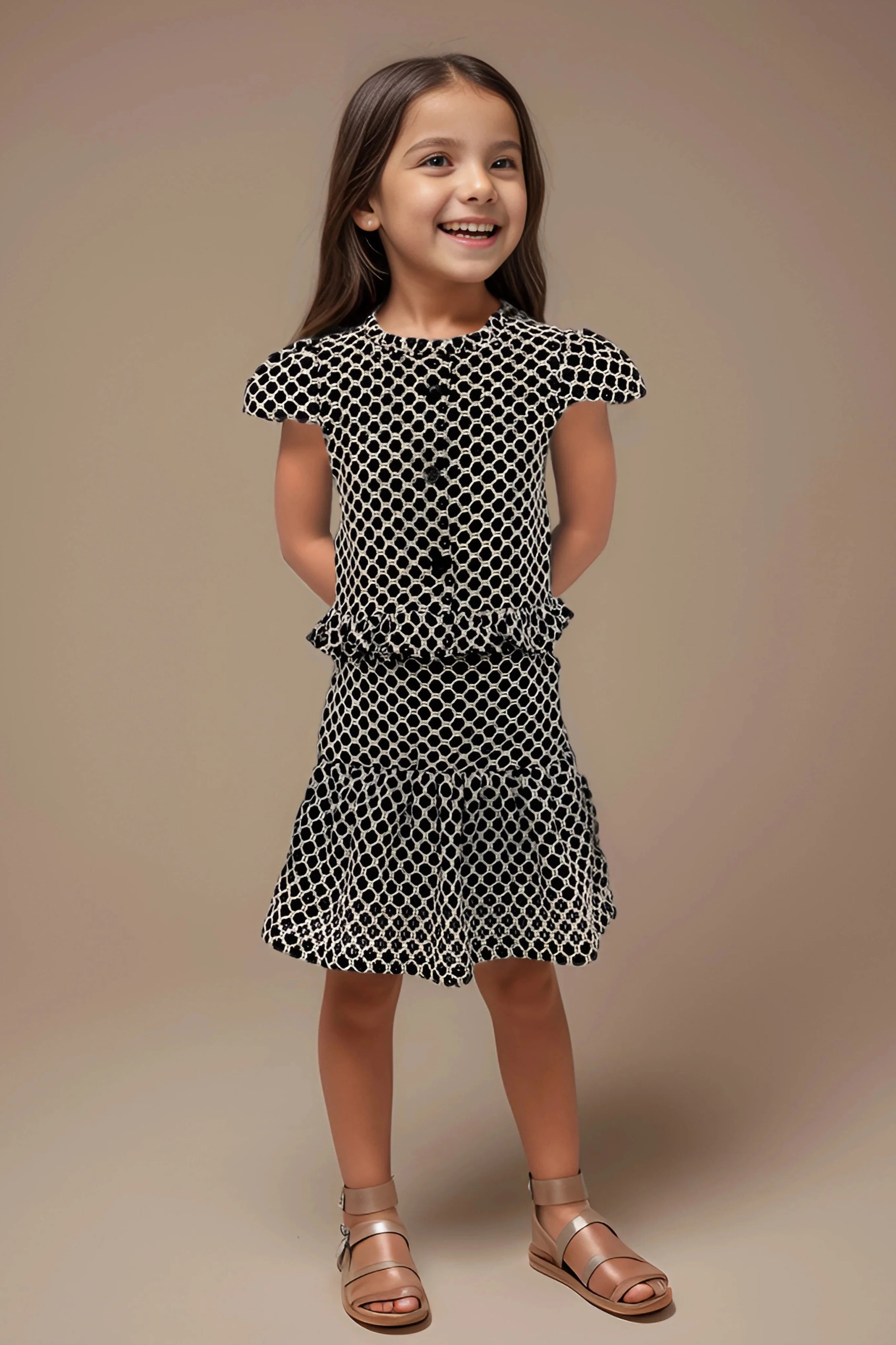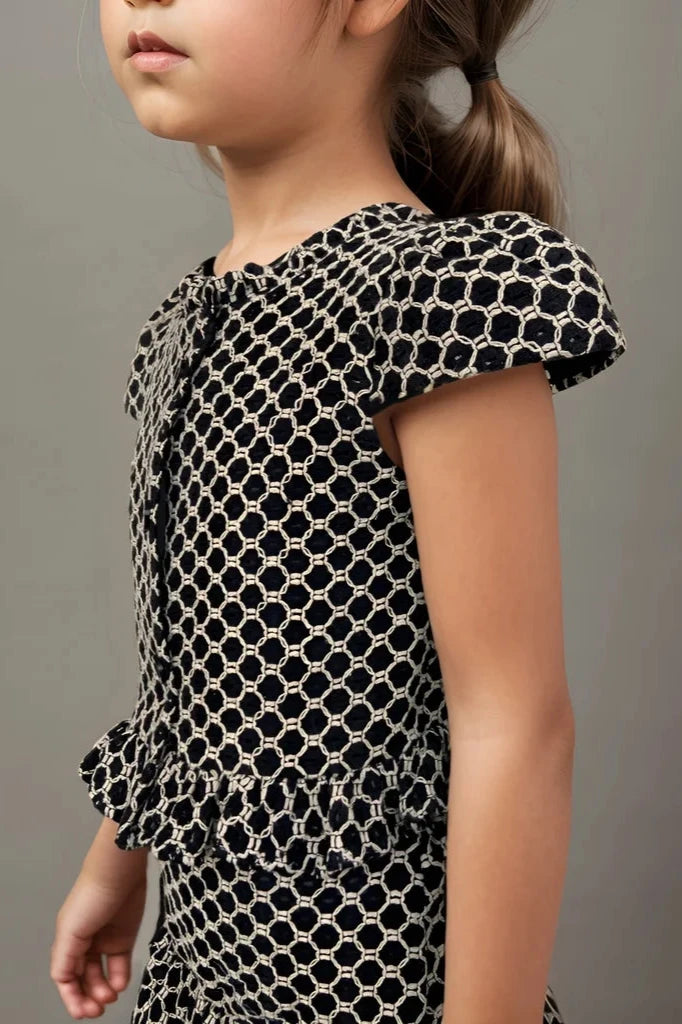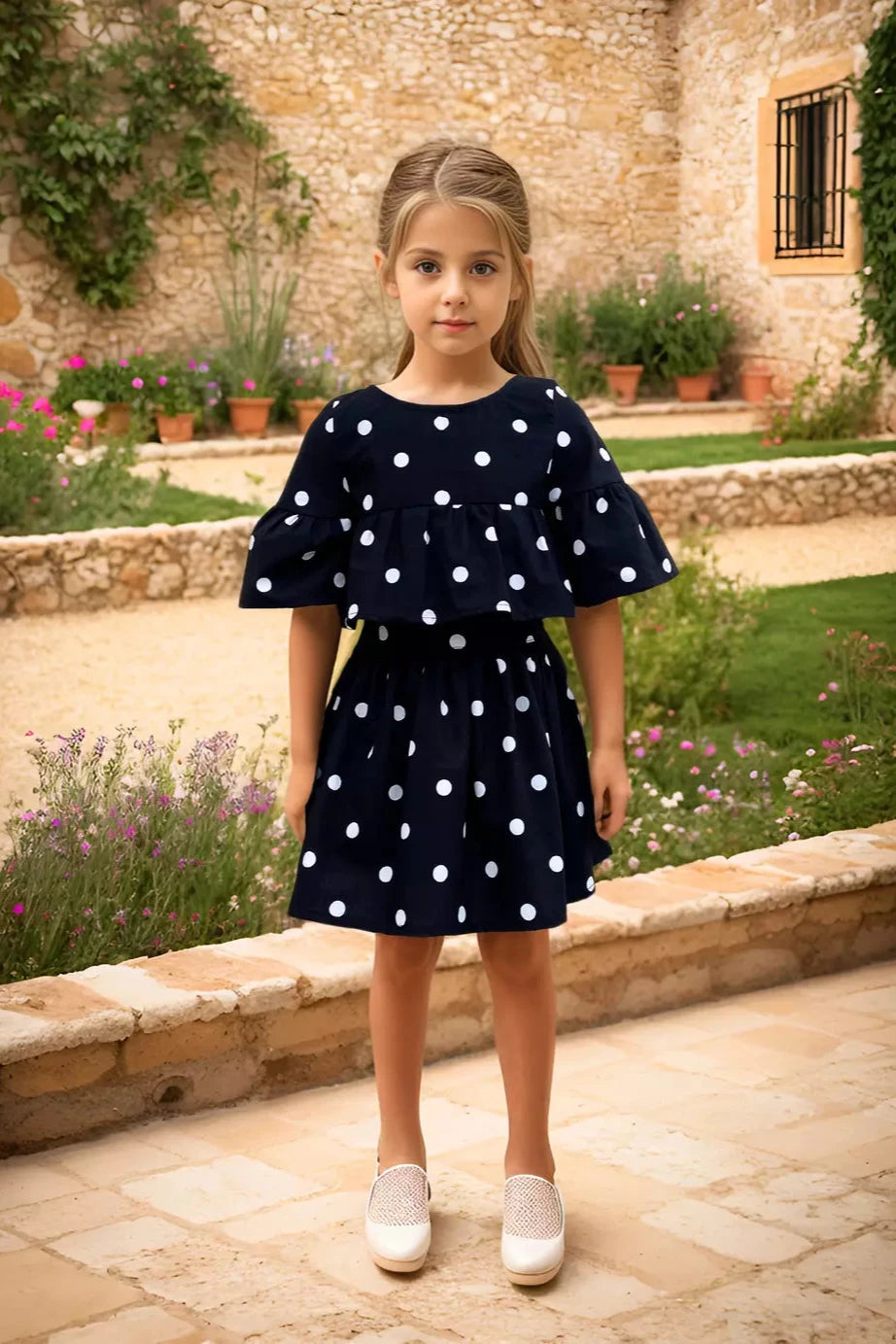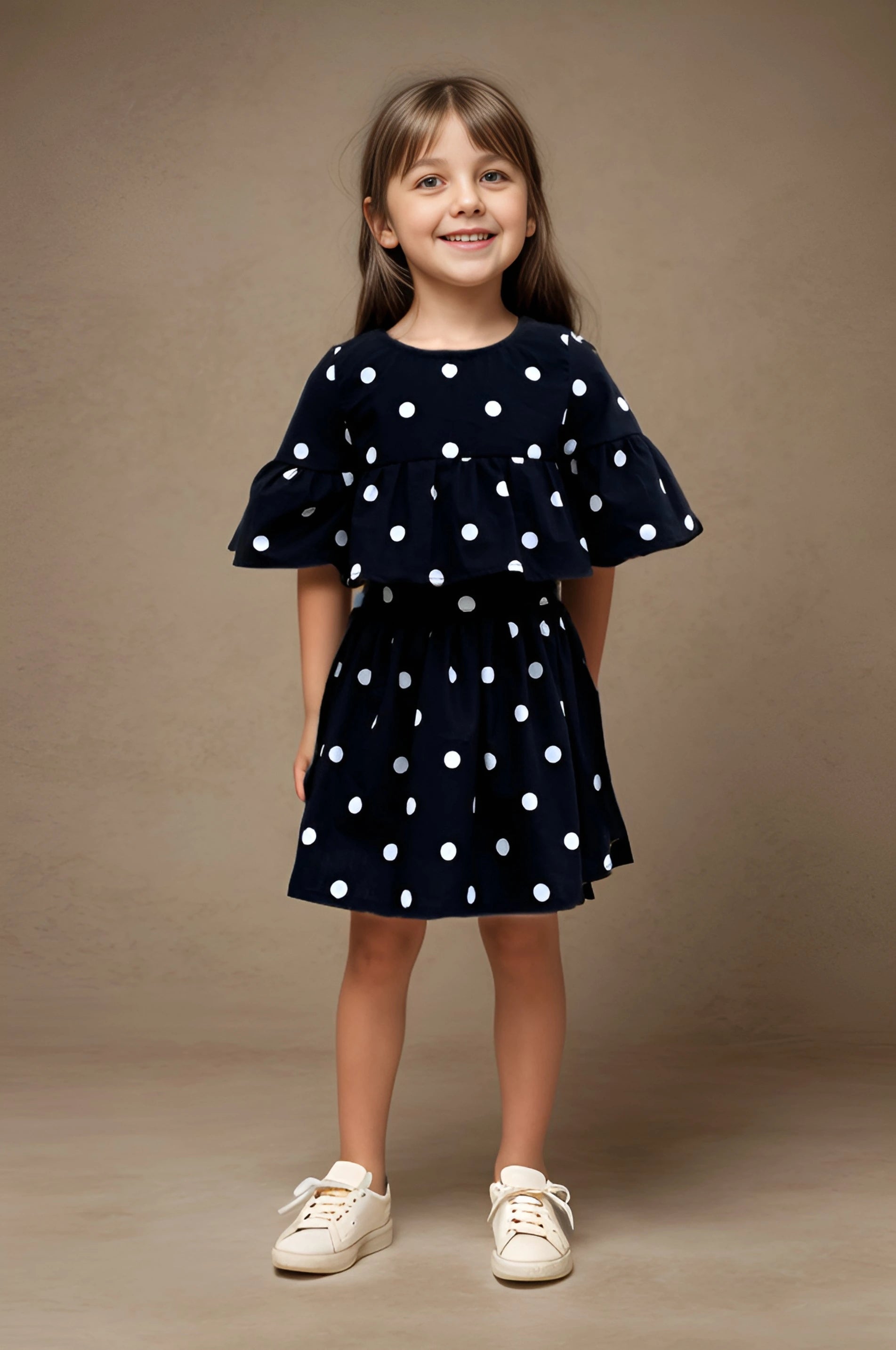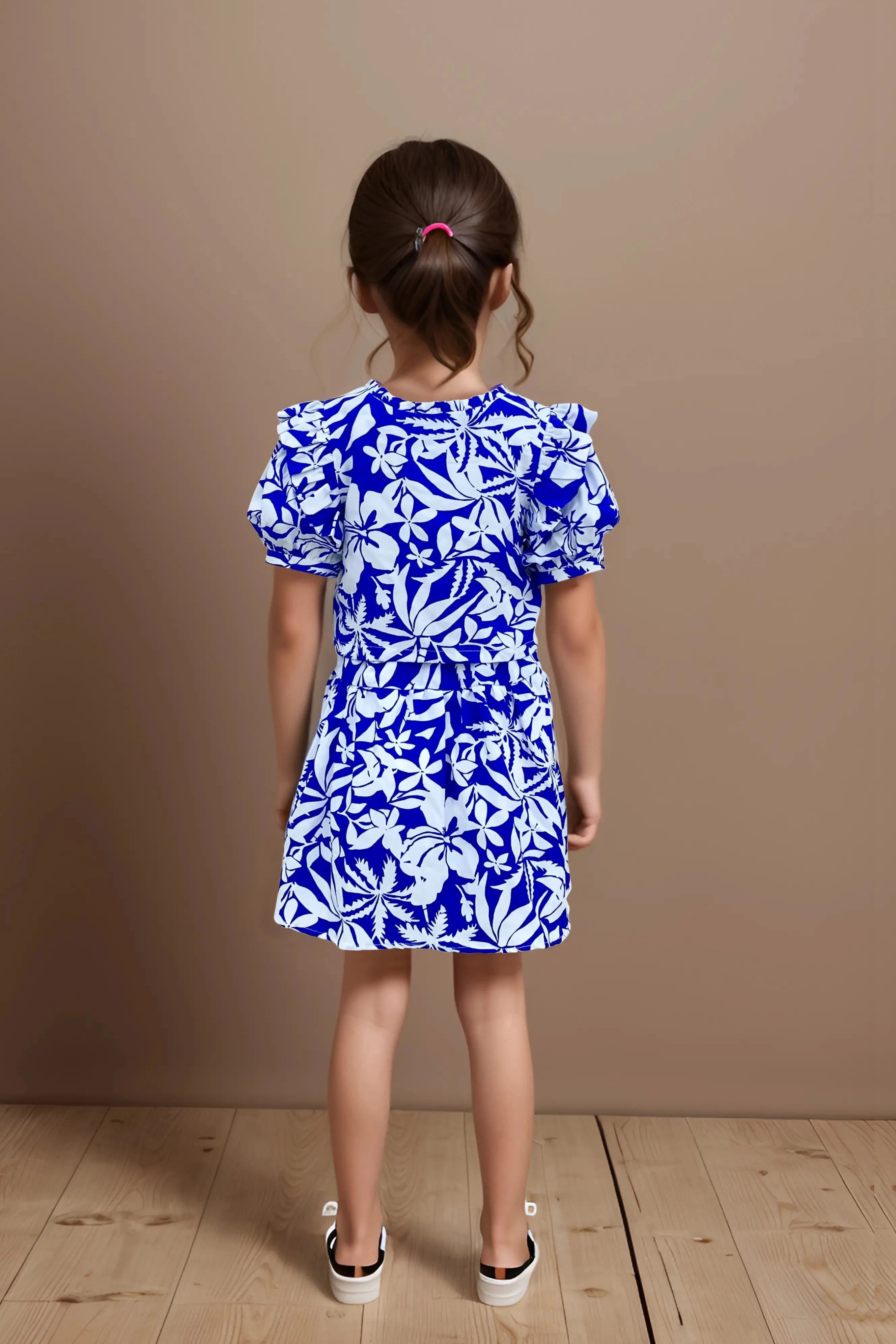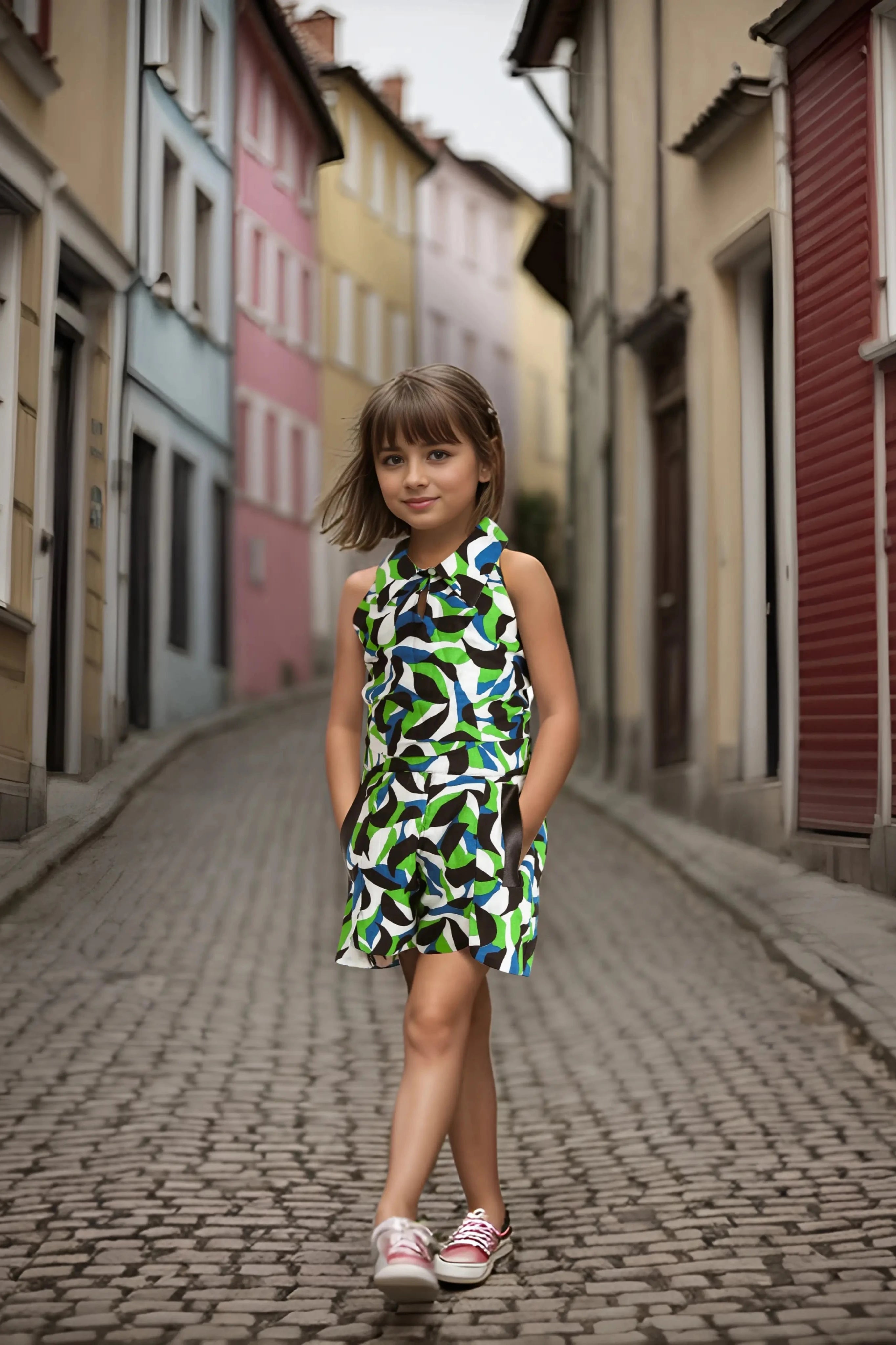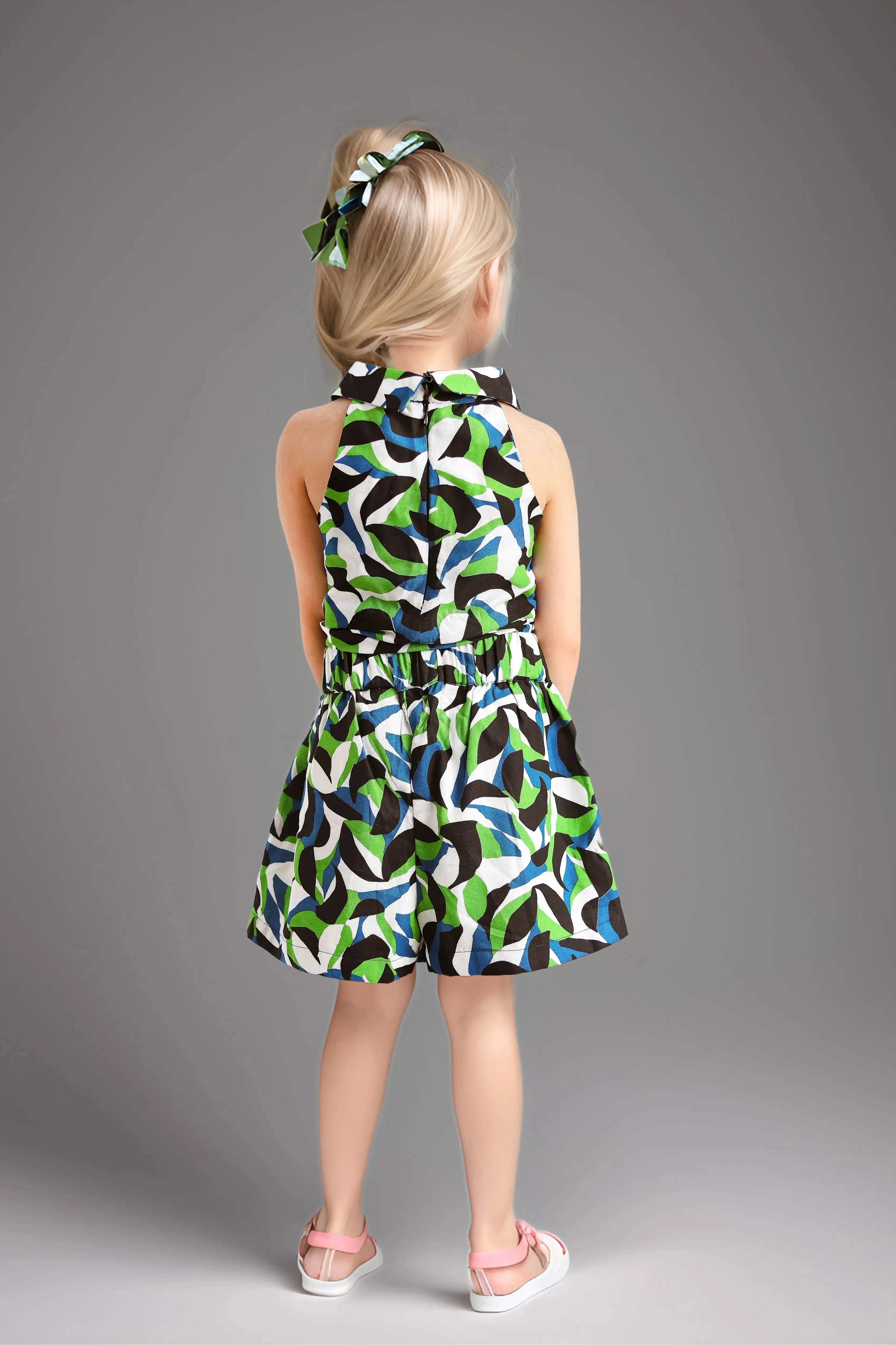Best ways to Prepare Your Child for the First Day of School
The first day of school is a significant milestone for both parents and children. While the excitement of new experiences awaits, it is quite normal for both parents and children to feel a mix of emotions including nervousness, anticipation, and perhaps a touch of anxiety. As you prepare to send your little one off to school, consider these practical tips and emotional strategies to ensure a smooth and positive transition into this new chapter.

- Initiate Conversations regarding their views on going to school. Talk to them about making new friends, learning exciting things, and engaging in fun activities. "A key thing to consider when starting school is to focus on making the unknown known as far as possible," says Julie Keyes, a teacher and founder of The Educational Consultant.
- Create a Countdown. This will build excitement for the first day of school. Use a calendar or a simple chart to mark off the days, turning it into a daily ritual that builds anticipation.
- Visit the School before the first day. It will help your child get familiarized with their new environment. Exploring the playground, classrooms, etc. can help ease anxiety by making the surroundings more familiar. “Make connections with the teacher and with your children's classmates in the class ahead of time, this will help them make a connection one-on-one between teacher and child in the child's own home environment which is familiar and comfortable” says Sarah Baldwin, a teacher and an author
- Encourage self-help skills like dressing, undressing, and using the bathroom independently. These skills empower your child, fostering a sense of confidence that will be beneficial in a school setting. “Children who have a few basic skills under their belt tend to feel more comfortable in class,” says Mary Reede, a kindergarten teacher of 18 years.
- Establish a morning routine that includes a healthy breakfast, dressing, and a few minutes for a positive interaction before heading out the door. A consistent morning routine provides structure and a sense of security.
- Share Your Experiences with them to normalize their experience. Reminisce about your own school days, sharing positive stories and highlighting the friends you made and the exciting things you learned.
- Read Books About School or tell them stories about the first day at school. Children's books such as The Kissing Hand by Audrey Penn, Kindergarten, Here I Come! By D. J. Steinberg David Goes to School by David Shannon that explores the theme of going to school can open up discussions and provide reassurance.
- Practice name writing. “It's a good idea to practice name writing. Write it out in highlighter and have them trace over it in pencil or pen” says Grace Berman. From backpacks to lunchboxes, label all of your child's belongings. This helps instill a sense of responsibility as they learn to identify and care for their belongings.
- Pack a Comfort Item. Include a comfort item in your child's backpack, such as a small toy or a family photo. Having a familiar item can provide a sense of security during the school day.
- Go Shopping. Involve your child in choosing their school clothes. Take them out to get all the necessary items for their big day. Lay out the outfits the night before to streamline the morning routine and avoid any last-minute stress.
- Practice Separation. If your child has not experienced much time away from you, gradually introduce short periods of separation. This can be with a trusted family member or a playdate, helping them adjust to being away from you.
- Establish a Goodbye Ritual. Create a special goodbye routine that provides comfort and reassurance. A simple routine, like a hug, a special phrase, or a high-five, can make farewells easier for both you and your child.
- Try to Stay Calm and Positive. Children often mirror their parents' emotions. Stay calm, positive, and supportive, even if you're feeling a bit anxious yourself. Your composure can have a reassuring effect on your child.
- It is always advisable to Connect with Other Parents. Reach out to other parents who may be experiencing similar emotions. Sharing thoughts and concerns with others going through the same transition can provide valuable insights and emotional support.
- Create a Memory Book. Capture the excitement of the first day by creating a memory book or scrapbook. Include photos, drawings, and any notes your child may want to contribute. This becomes a cherished keepsake of their early school days.
- Last but not the least Trust the Process. Understand that adjusting to school is a gradual process. It is normal for your child to go through a mix of emotions, and it may take time for your child to fully settle into the routine.
Preparing your child for the first day of school involves a combination of practical preparations, emotional support, and positive reinforcement. By implementing these strategies, you can contribute to a smoother transition and lay the foundation for a positive and enjoyable school experience. Remember, every child is unique, and adapting these tips to suit your child's individual needs will make the process even more effective. Let’s embrace this new chapter with enthusiasm, and watch as your child embarks on a journey of growth, learning, and new Friendships, Together!







